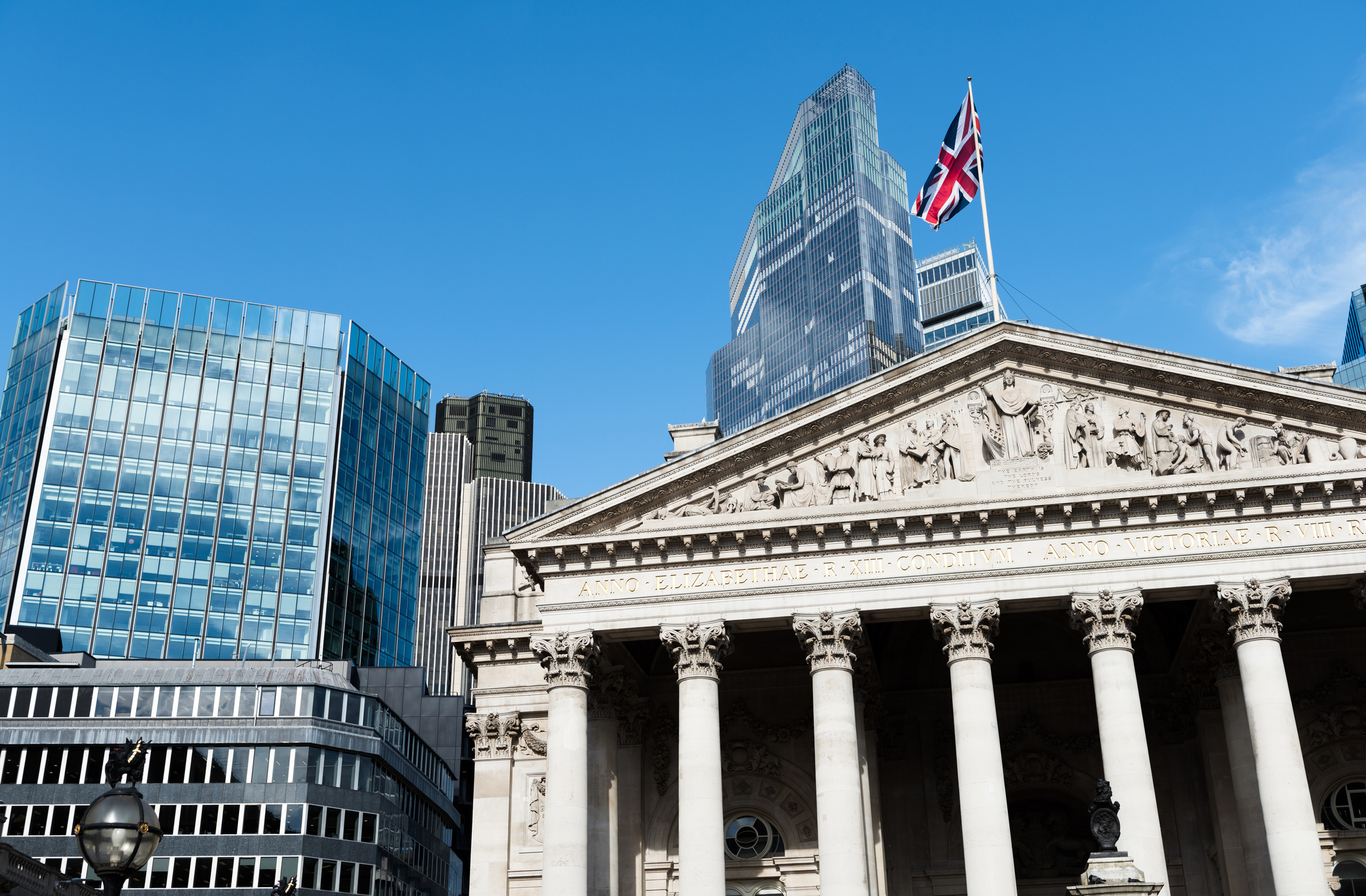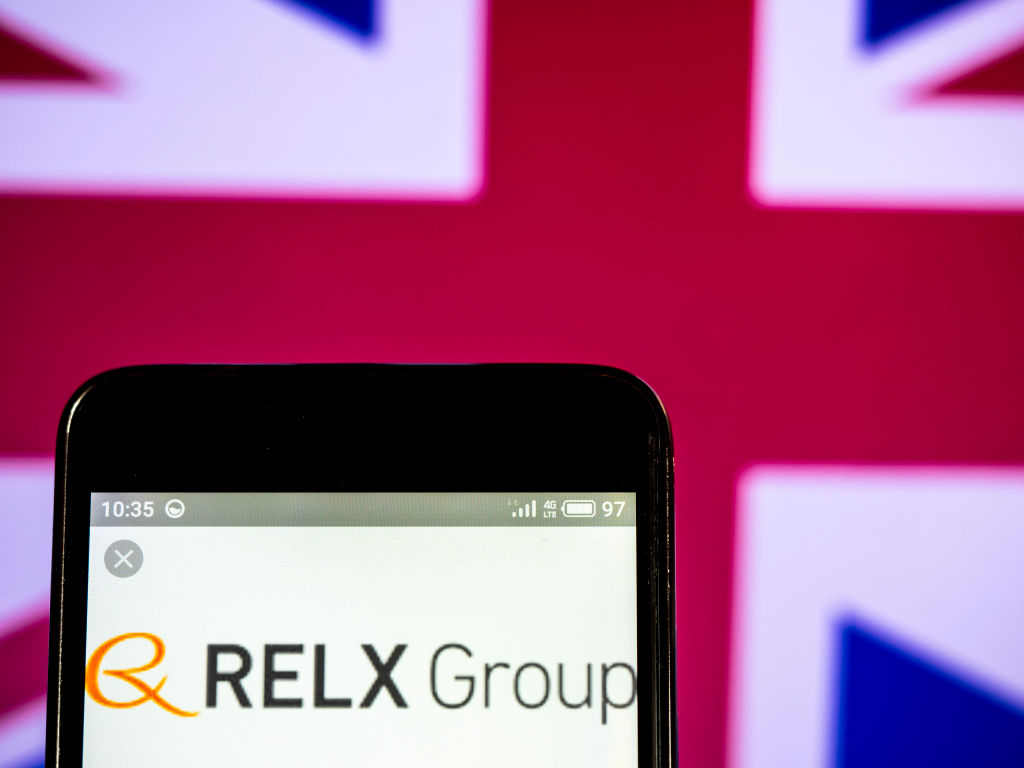FTSE 100 dividends: where to find the best yields for UK equities
FTSE 100 dividend forecasts have sagged but investors can still find good yields in UK equities with payments expected to reach more than £80 billion in 2025


Get the latest financial news, insights and expert analysis from our award-winning MoneyWeek team, to help you understand what really matters when it comes to your finances.
You are now subscribed
Your newsletter sign-up was successful
Want to add more newsletters?

Twice daily
MoneyWeek
Get the latest financial news, insights and expert analysis from our award-winning MoneyWeek team, to help you understand what really matters when it comes to your finances.

Four times a week
Look After My Bills
Sign up to our free money-saving newsletter, filled with the latest news and expert advice to help you find the best tips and deals for managing your bills. Start saving today!
FTSE 100 dividend forecasts in 2025 are dipping again, pushing 2018’s all-time high of £85.2 billion out of reach until at least 2026. The index having gained 6.8% year to date (sending down the dividend yield) plus falling profit forecasts, also takes some of the shine off the appeal of UK equities for income, but a glut of share buybacks is set to boost returns for investors.
Analysts now expect £80.4 billion in dividends from the FTSE 100 in 2025, down from the £83 billion expected three months ago, and barely a 2% increase on 2024, according to AJ Bell’s latest dividend monitor for the second quarter of 2025.
This puts the FTSE 100 on a forward dividend yield of 3.5% based on aggregated analysts’ forecasts for 2025, after the index’s solid gains in the year to date. The UK’s premier index has provided a 9.6% total return so far in 2025, compared to just 2.1% from the S&P 500, as the US has started to lag on the global stage.
MoneyWeek
Subscribe to MoneyWeek today and get your first six magazine issues absolutely FREE

Sign up to Money Morning
Don't miss the latest investment and personal finances news, market analysis, plus money-saving tips with our free twice-daily newsletter
Don't miss the latest investment and personal finances news, market analysis, plus money-saving tips with our free twice-daily newsletter
Share buybacks supplement FTSE 100 dividends
The FTSE 100’s 3.5% dividend yield is being supplemented very nicely by share buybacks.
Buybacks can be good news for investors, as they usually offer shareholders the opportunity to sell their stock at a premium price. They can also help push the share price up for those who decide to hold on to their investment.
While the final tally for buybacks in 2024 was £58.3 billion, just enough to exceed 2022’s total and set a new record high, FTSE 100 companies are already ahead of that game this year.
They have already declared buybacks worth £39 billion, more than half last year’s total in the first quarter alone, although two – Next and Bunzl – have called a temporary halt to their schemes.
Adding together the forecast dividend total of £80.4 billion to the planned buybacks gives a total cash return of £119.4 billion, some 5.25% of the FTSE 100’s total £2.3 trillion stock market valuation.
Russ Mould, AJ Bell investment director, said: “That cash yield beats inflation, the 10-year gilt yield and the Bank of England base rate which, on balance, still seems set to go lower before it goes higher once more.”
None of the 100 firms listed on the index has yet declared a special dividend for 2025. Last year, HSBC, Fresnillo, Berkeley Group, Associated British Foods and Admiral all offered such payments, worth a total of £3.7 billion between them.
“Any similar distributions could further top up the cash pot, as could any merger and acquisition activity,” said Mould. “A predator is yet to circle a FTSE 100 member in 2025, but buyers of UK assets have tabled bids worth a total of £20 billion already this year, after £49 billion-worth of successful approaches in 2024. Takeover deals can therefore also add to the total return from the UK equity market overall.”
Which FTSE 100 companies are increasing dividends?
While the FTSE 100 remains attractive for income-seekers there remains a fair degree of concentration risk within the UK’s headline index. Just 10 companies are predicted to pay out 53% of the forecast total dividends for 2025, at £42.4 billion, and the top 20 are expected to contribute £55.7 billion, or 69% of the estimated total.
There seems little likelihood this concentration risk will abate anytime soon, as companies hold fire on paying out dividends they may have to cut later.
“In terms of dividend growth, analysts seem to think that big increases will be a relative rarity in 2025, perhaps because buybacks are playing a big role in capital allocation plays – a board and chief executive are likely to draw less flak for a pause in a buyback than they are for a dividend cut,” said Mould.
Investors also need to bear in mind the role of the pound, he added, whose strength against the euro and particularly the dollar this year reduces the sterling value of the dividends declared in those currencies by 28 current members of the FTSE 100.
10 biggest forecast dividend increases | £ million |
|---|---|
Natwest Group | 532 |
Unilever | 210 |
Admiral Group | 177 |
Fresnillo | 151 |
GSK | 145 |
Rolls Royce | 145 |
National Grid | 136 |
Lloyds | 129 |
BAE Systems | 88 |
Barclays | 75 |
Source: AJ Bell Q2 2025 Dividend Dashboard, company accounts, Marketscreener, consensus analysts’ forecasts, LSEG Datastream. Ordinary dividends only.
Top 10 dividend yields in the FTSE 100
The top 10 yielding companies in the FTSE 100 include a mix of investment and financial services companies, banks, miners and tobacco companies. This is fairly typical – investors often turn to these sectors for the attractive dividends on offer.
However, it is important that the figures in the below table are understood in context.
A high dividend yield is often a good thing, suggesting cash is being returned to investors. But it can also just be a sign of a falling share price (as dividend yield is calculated by dividing the total annual dividends by the share price).
It is also important to look at a company’s dividend cover and payout ratio to understand whether any cash returns are sustainable.
Dividend cover shows you how many times a company could afford to pay dividends to shareholders based on its income. Meanwhile, payout ratio shows you how much of the company’s earnings would be spent on meeting any dividend payments.
A payout ratio over 100% suggests a company could be paying more in dividends than it can afford based on its earnings.
Company | Dividend yield (%) | Dividend cover (x) | Payout ratio (%) | Cut in last decade? |
|---|---|---|---|---|
Legal & General | 8.6 | 1.00 | 100 | No |
Phoenix Group | 8.5 | 0.28 | 357 | 2016, 2018 |
M&G | 8.1 | 1.16 | 86 | No |
Taylor Wimpey | 7.9 | 1.00 | 100 | 2019, 2024 |
WPP | 7.5 | 1.60 | 62 | 2019 |
Land Securities | 6.6 | 2.12 | 47 | 2019 |
British American Tobacco | 6.6 | 1.38 | 72 | No |
BP | 6.4 | 1.41 | 71 | 2020, 2021 |
LondonMetric Property | 6.1 | 1.61 | 62 | No |
Aviva | 6.1 | 1.26 | 79 | 2019 |
Average | 7.2 | 1.28 | 104 | Row 10 - Cell 4 |
Source: AJ Bell Q2 2025 Dividend Dashboard, company accounts, Marketscreener, consensus analysts’ forecasts, LSEG Datastream. Ordinary dividends only.
Dividend cover of 2 times is typically viewed as positive for ongoing payouts, allowing companies to weather any economic shocks that would otherwise see them cut dividends. Currently dividend cover is just above this level at 2.01 times.
This level is also far higher than the lows seen in 2015/16, when there were a raft of dividend cuts.
“Analysts seem confident enough in the outlook for 2025 as they expect 89 FTSE 100 members to raise their dividend in the coming year, with just five seen at risk of a cut (compared to a dozen actual reductions in 2024),” said Mould.
But the increases are far from substantial, and earnings estimates are falling.
“Investors will have to keep an eye on cash flow statements and balance sheets, as well as profit and loss accounts, even if those buybacks may provide some sort of cash buffer that could be redirected toward supporting dividends, if push ever comes to shove,” said Mould.
Get the latest financial news, insights and expert analysis from our award-winning MoneyWeek team, to help you understand what really matters when it comes to your finances.
Laura Miller is an experienced financial and business journalist. Formerly on staff at the Daily Telegraph, her freelance work now appears in the money pages of all the national newspapers. She endeavours to make money issues easy to understand for everyone, and to do justice to the people who regularly trust her to tell their stories. She lives by the sea in Aberystwyth. You can find her tweeting @thatlaurawrites
-
 Should you buy an active ETF?
Should you buy an active ETF?ETFs are often mischaracterised as passive products, but they can be a convenient way to add active management to your portfolio
-
 Power up your pension before 5 April – easy ways to save before the tax year end
Power up your pension before 5 April – easy ways to save before the tax year endWith the end of the tax year looming, pension savers currently have a window to review and maximise what’s going into their retirement funds – we look at how
-
 Fund inflows hit a six-month high in November – where are investors putting their money?
Fund inflows hit a six-month high in November – where are investors putting their money?Investors returned to the financial markets amid the Autumn Budget in November 2025 but caution remains.
-
 The top stocks of 2025 - did you pick a winner?
The top stocks of 2025 - did you pick a winner?Last year was a chaotic one for the stock market, but which stocks did investors buy the most of?
-
 Stock market turmoil: ‘Should I move money out of investments and into cash instead?’
Stock market turmoil: ‘Should I move money out of investments and into cash instead?’As global stock markets go into turmoil over Trump tariffs, you may be wondering if your money is safe or whether you should sell your shares and move to the so-called safety net of cash accounts
-
 FTSE 100 dividend forecast slips – should you buy UK equities?
FTSE 100 dividend forecast slips – should you buy UK equities?Analysts have dialled back their FTSE 100 dividend forecasts, but UK equities could still offer an attractive yield overall
-
 The top stocks in the FTSE 100
The top stocks in the FTSE 100The FTSE 100 celebrated its best year since the global financial crisis in 2025 and has hit new highs early this year. Which are the top stocks that drove last year's gains?
-
 Burberry dumped out of the FTSE 100 after 15 years - here's everything you need to know
Burberry dumped out of the FTSE 100 after 15 years - here's everything you need to knowBurberry loses its place to Hiscox, while tech firm Raspberry Pi is promoted to the FTSE 250 after listing in July.
-
 Relx outperforms: should you buy this FTSE 100 success story?
Relx outperforms: should you buy this FTSE 100 success story?Relx, a fast-growing risk management and analytics group is benefiting from artificial intelligence
-
 Hargreaves Lansdown takeover: what it means for your money
Hargreaves Lansdown takeover: what it means for your moneyBritain’s biggest investment platform has agreed a £5.4 billion takeover. What does it mean for shareholders and customers?
